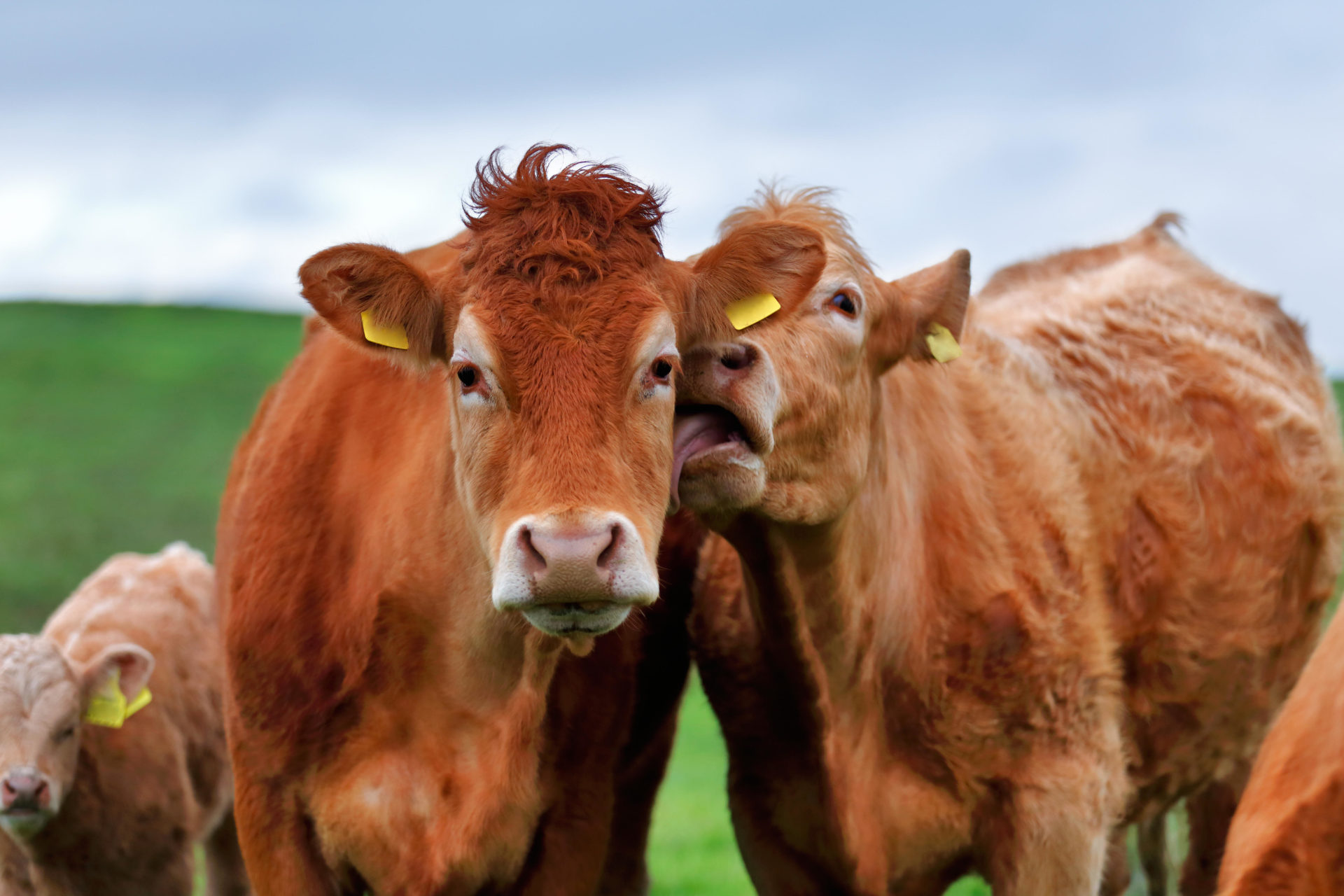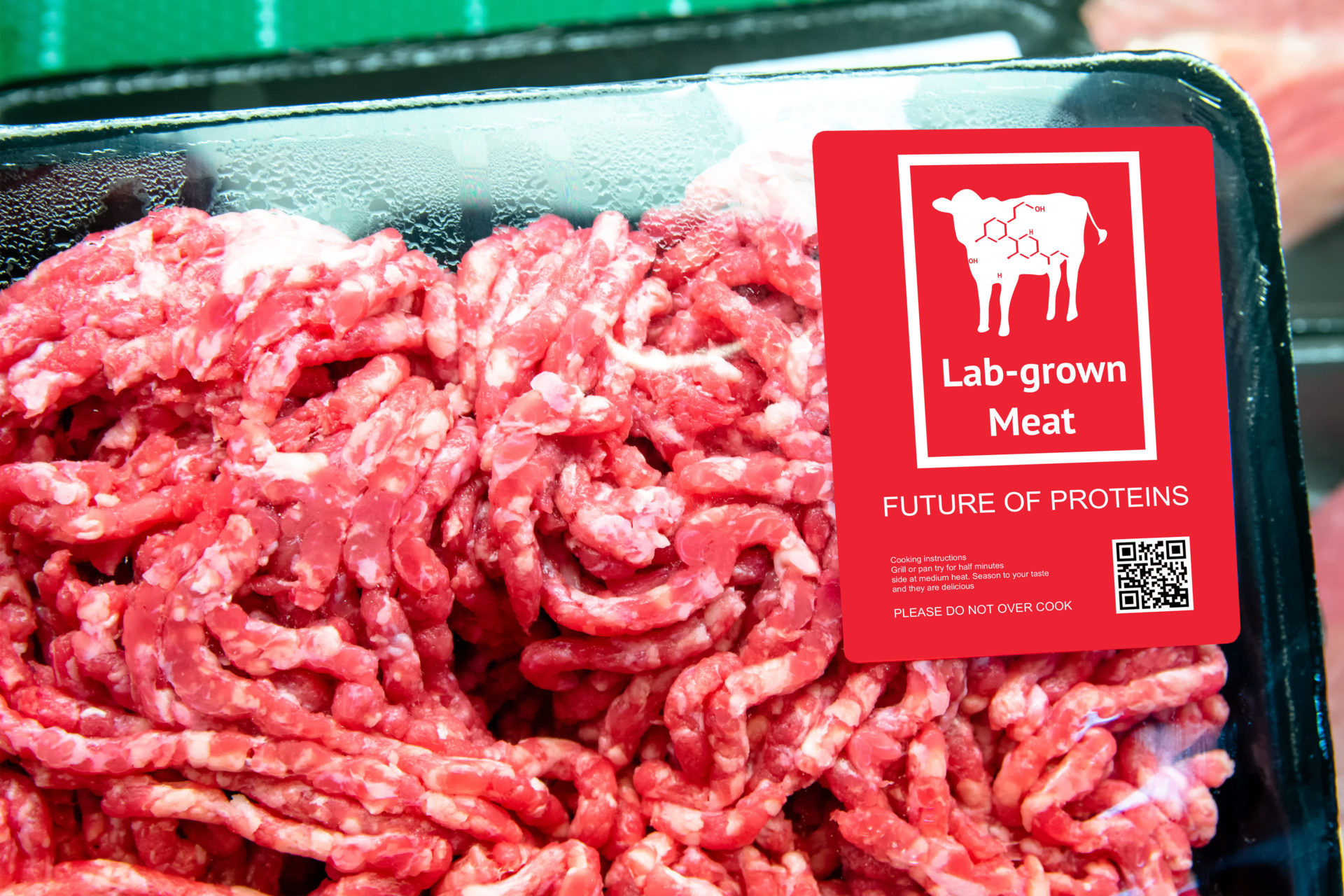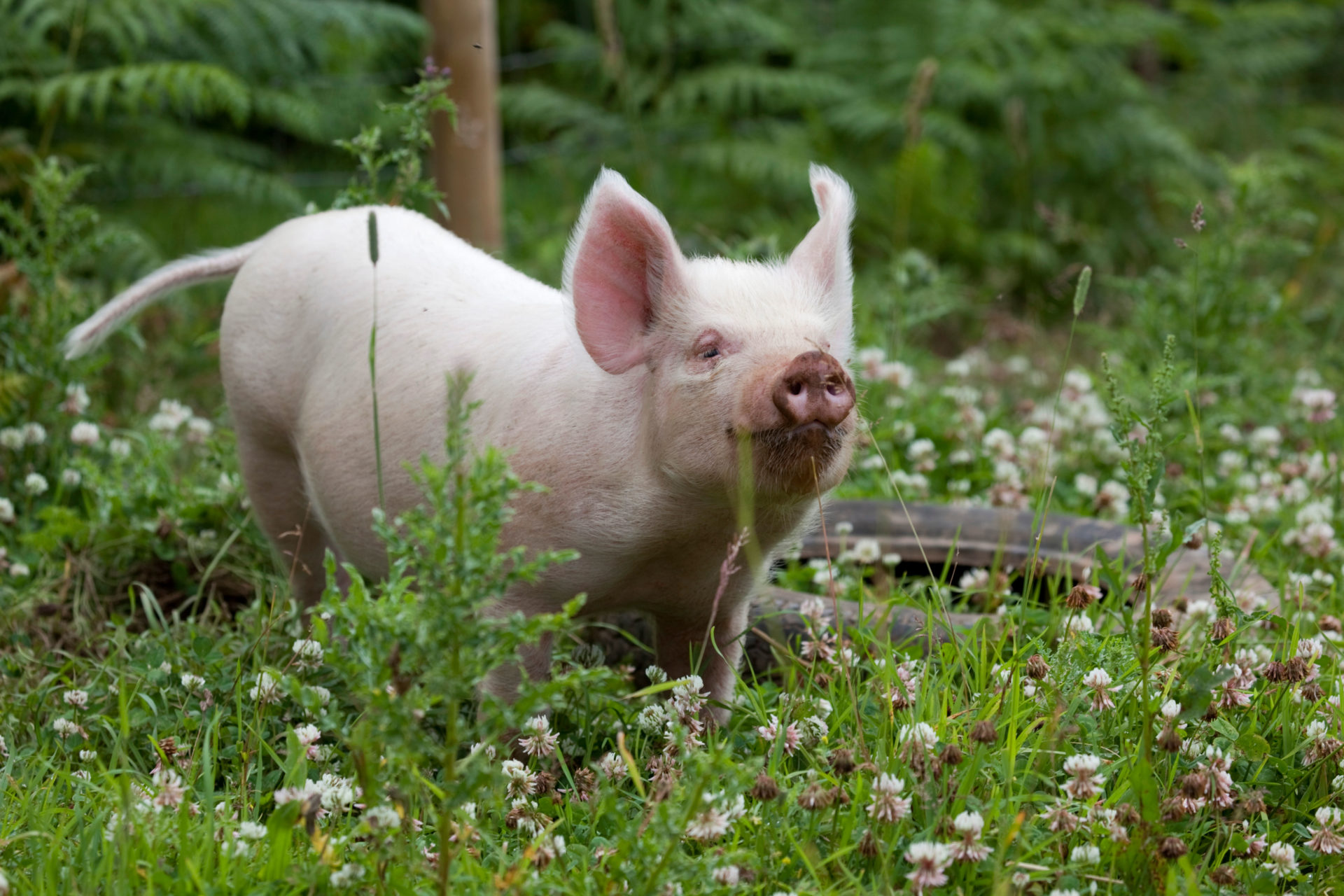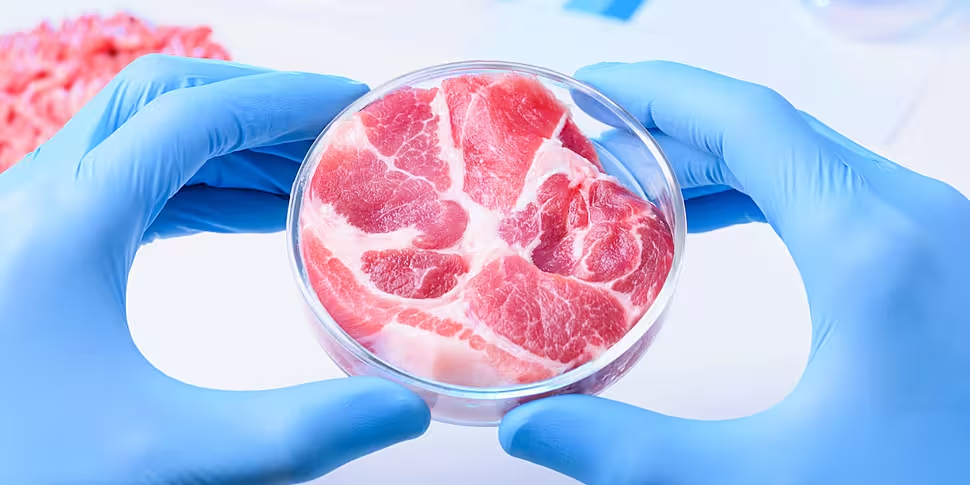Tune into Futureproof this morning at 10am to hear Jonathan McCrea’s interview with Mosa Meat CSO Mark Post.
It is 2033 and you’re walking around looking for a restaurant to meet some friends you haven’t seen in a while. You arrive in town early so you’re tasked with selecting the venue.
“I’d kill for a burger”, you think to yourself, already picturing that first juicy bite – but what if Martin is still vegan? And Rachel still only eats low carbon footprint foods?
From the corner of your eye, you notice a glowing white restaurant with the name of the establishment floating above: “Burgers 4 All”.
Intrigued, you read the menu and find every burger imaginable:
‘100% grass-fed Irish beef burger, 100% lab-grown biopsy burger, 100% plant-based impossible burger.’
You step inside the restaurant knowing everyone will find something suited to their various tastes, and you too, will get what you want.
The future of meat may be more complex than we currently imagine. With many values, principles, dietary preferences and ethics to consider, the marketplace can’t keep up.
Despite a social shift in our eating habits to the vegan and vegetarian end of the scale, the demand for meat is actually increasing.
As countries become more developed and better off, a surge in meat consumption follows.
Ethics
In recent years, the race to the future of meat has been a battlefield of virtues; for the animals, for the environment, for us humans.
The vegans claim to win at all three. By not eating meat we are not harming any animals, not damaging the environment and it’s better for humans too.
Meat-eaters reject the human nutrition argument and claim that livestock farming can be quite beneficial to the environment when done sustainably.
A newly evolving group, such as the people behind Mosa Meat (who are a so-called mixture of vegans, vegetarians and meat-lovers) are also vying for a dog in the fight.
This third group are at the intersection between vegan and carnivorous - the best of both worlds, so to speak - or a case of having your cake and eating it too.
They are proposing cultured meat as a means of solving two juxtaposed problems – the damage caused by meat production and our disappointment at eating a plant-based burger that just doesn’t make the cut.
 A herd of cows in the West of Ireland. Image: BartKowski / Alamy Stock Photo
A herd of cows in the West of Ireland. Image: BartKowski / Alamy Stock PhotoCultured meat is meat made in a laboratory, with major investors such as Leonardo DiCaprio taking an interest in some of the companies emerging in the field.
The so-called “biopsy burgers” originate from a real-life cow. From just one anaesthetically-removed sample of cells, Mosa Meat can make 80,000 burgers.
This is in stark contrast to traditional beef, which yields 1,200-1,600 burgers per slaughtered cow.
This addresses Issue One right away – biopsied cow vs. dead cow is a clear winner in terms of animal welfare.
 T3C7KP Artificial beef lab grown meat in retail supermarket emerging field of food production with label. Future trend of biotechnology , artificial food 4.
T3C7KP Artificial beef lab grown meat in retail supermarket emerging field of food production with label. Future trend of biotechnology , artificial food 4.But what about issue number two? Just how sustainable would these labs be?
The cells taken from the cow are grown in a bioreactor and fed with medical-grade media.
Mosa Meat are looking to scale-up their technology by acquiring food-grade media that will drastically lower their expenses.
After growing for some time, the cells differentiate into muscle cells and are then placed inside a gel - which is 99% water - that helps them form the shape of muscle fibres.
Based on natural biological processes, these fibres then structure themselves into the tissue that makes up the burgers.
In comparison with traditional beef production (which requires crops to feed the animals), the biopsy burger may win here also, although the impact of large-scale production is not yet known.
Another major environmental plus for the biopsy burger is the reduction in land use when compared with livestock meat production; however, there is a growing movement of people in the regenerative agriculture arena who make the case that, when done correctly, livestock farming can be of great benefit to the environment.
Improved soil health and the subsequent boost in carbon sequestration, biodiversity, ecosystem resilience and nutrient cycling are all important environmental services provided by sustainable livestock production.

But what about the associated methane-production of livestock? Can lab-based beef fart?
The simple answer is no, and a great reduction in methane is expected if lab-based burgers begin to win out over conventional burgers.
The long-term overall greenhouse gas production of these labs is not clear, however.
To grow these cells into muscle tissue in bioreactors, energy must be used, the CO2 production from which has not been extrapolated to larger scales.
And finally, nutritionally-speaking, there is a lack of published research on the nutritional quality of lab-grown meat.
Lab-based burgers are grown from cow cells, so their health implications are likely to be similar to regular burgers; however, more control is given to the scientist than the farmer, in terms of cell manipulation and artificial nutritional enhancement, and so could be grown in a healthier manner, if this was a priority.
The negative health implications of red meat are primarily from the processed forms, and so, by definition, the biopsy burgers could cause similar problems for the human consumer.
Due to the nature of production, the process could be tweaked to improve nutritional parameters, but likewise could be disimproved as scaling-up becomes a commercial necessity and cheaper ingredients are sourced for production.
Lab-grown meat
So when can you get your hands on one of these burgers?
Ten years ago, a biopsy burger would have set you back €250,000.
With commercialisation efforts underway and with the burgers now legislated for consumption in Singapore and the USA, Mosa Meat aims to reduce this to €9 a patty.
Given our extremely low-price expectations for meat, and indeed food in general, Mosa Meat will try to further lower their prices to match the average €1 burgers available in supermarkets over the next decade.
Production
Aren’t we just going to create the same problems again?
This drive towards producing cheap food could lower standards and quality and bring us back to some of the problems we face with current food production systems.
Cultured meat enthusiasts claim no antibiotics will be needed on their production line? So too did livestock agriculture at the beginning.
As the driving force behind these companies turns to profit, time and again we have seen the people and the planet suffer as a result.
As with every little revolution in our food systems it is important we don’t fall into the same traps.
The plat du jour is complexity. While the best burger choice may not be clear for now, at least we can all sit around and talk about it.
Sharing food is a unique aspect of human nature, and as the science continues to unfold, so too will the conversation.
By Laura Healy, PhD Student in Advanced Food Technology.
For more on this conversation, tune in to Jonathan McCrea’s interview with Mosa Meat CSO Mark Post on Futureproof, also available on podcast:









